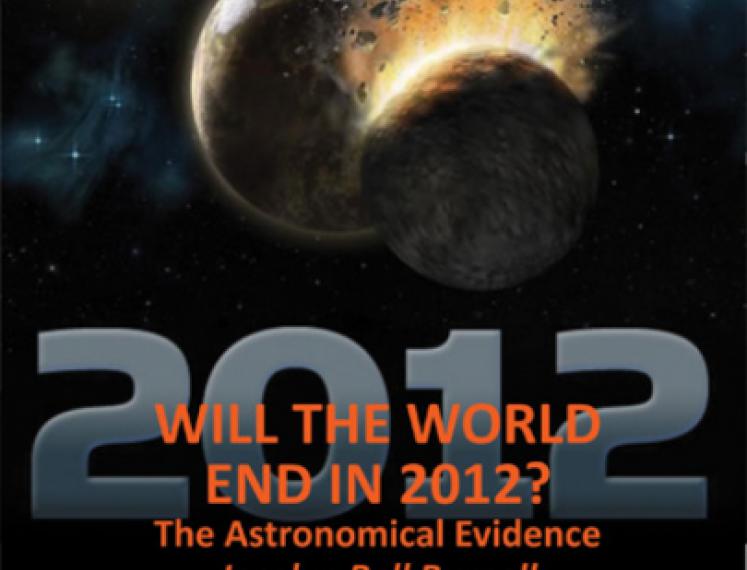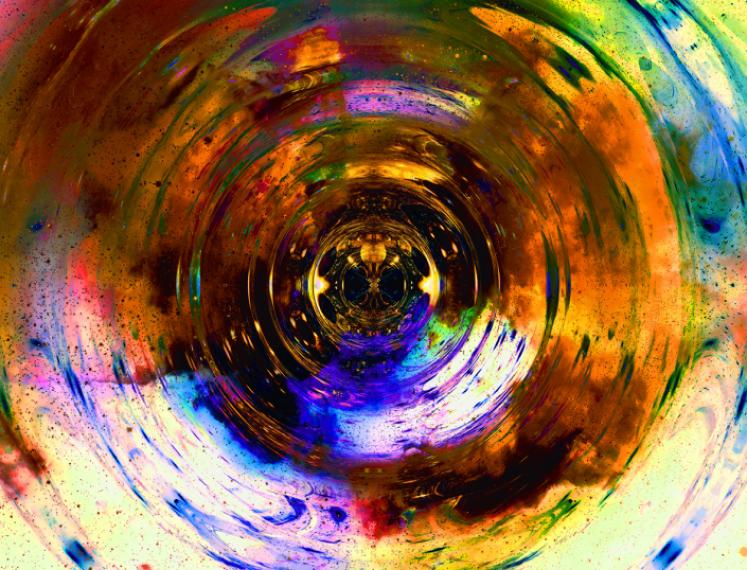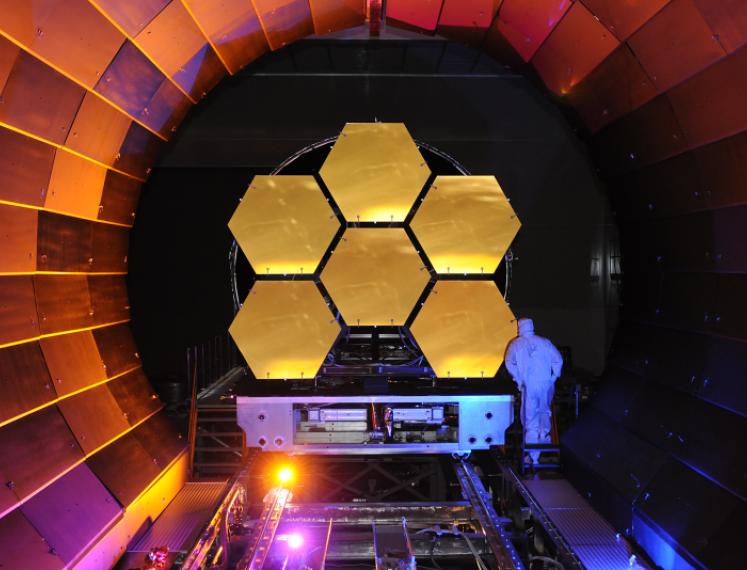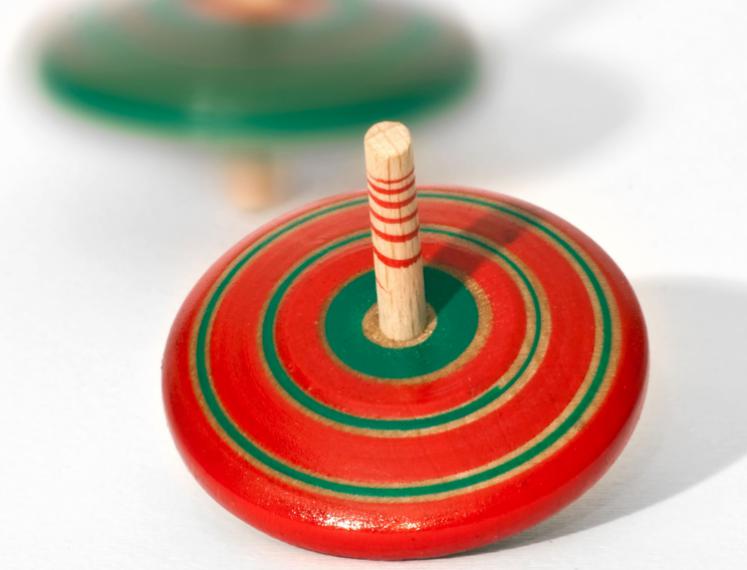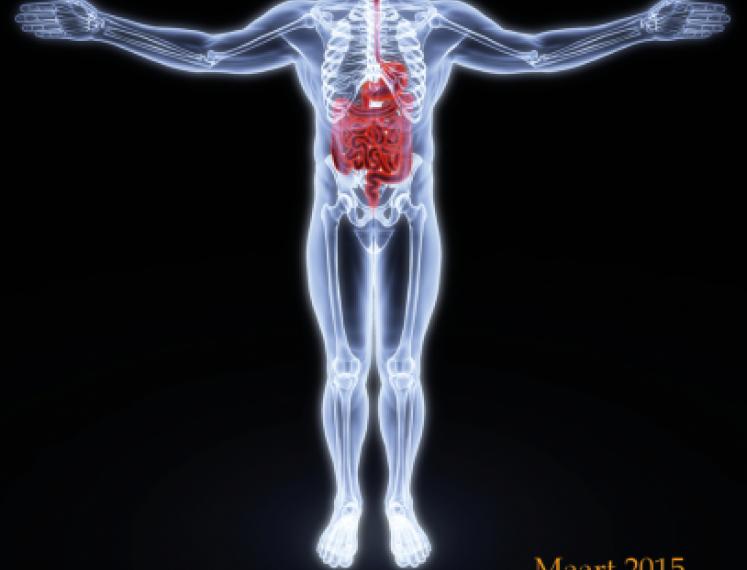Will the world end in 2012?
The Mayan Calendar ends in December 2012 and according to some a nearby supernova explosion could extinguish all life on earth then. Is there astronomical evidence for this defeatism?
A long count in the ancient Mayan Calendar ends in December 2012. According to some this means the world will come to an end then. How will this happen? Some suggest a collision with an undiscovered planet or with a large amount of comets could destroy the planet. Others speculate that a nearby supernova explosion could extinguish all life on earth, or that the Sun might enter the galactic disc and that this results in mass extinction. In the Hendrik de Waard Lecture 2011 the renowned Professor of astronomy Jocelyn Bell Burnell will look at astronomical phenomena that might cause the end of the world and she will examine how true or likely they are. Will we have our last New Year?
Dame Professor Jocelyn Bell Burnell was born in 1943 in Northern Ireland and due to her high intelligence, she was one of the first girls of her school allowed to study. During her PhD in the 1960s she discovered pulsars: very regular radio pulses from the sky. At first these pulses were ascribed to an alien civilization, but later on it was found that the pulses actually came from rapidly rotating neutron stars. Her discovery of pulsars was awarded with the first Nobel Prize of Physics for an astronomical discovery, although controversially she was not included as recipient. Nevertheless, she has received many prizes and awards, among which the Herschel Medal and the Oppenheimer Memorial Prize. Bell Burnell has been knighted by the British Queen in 1999 and promoted to Dame Commander in 2007.
Hendrik de Waard Foundation
Dame Professor Bell Burnell comes to Groningen on invitation of the Hendrik de Waard Foundation in cooperation with Studium Generale Groningen. The Hendrik de Waard Foundation was founded in 1987 after the retirement of the late professor of physics Hendrik de Waard. The foundation organizes a public lecture annually, to inform and intrigue the general public about recent developments within science. For more information: www.hdw.fmf.nl or email to hdw@fmf.nl
Interesting links
About: Jocelyn Bell Burnell
Wikipedia: Jocelyn Bell Burnell
BBC Beautifull Minds: About how she discovered pulsars
BBC Beautifull Minds: Bell Burnell on Truth and Understanding
Organized by Hendrik de Waard Foundation in co-operation with Studium Generale
